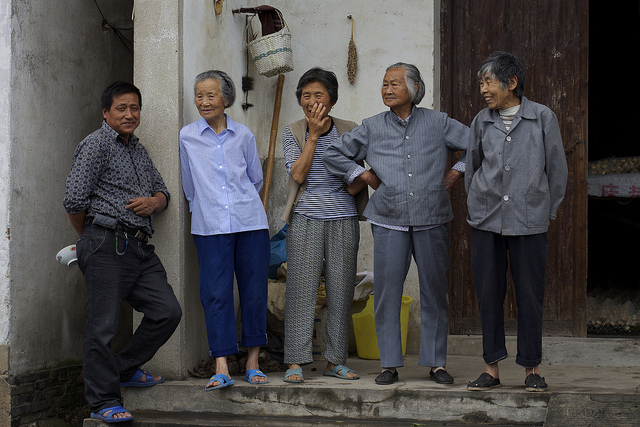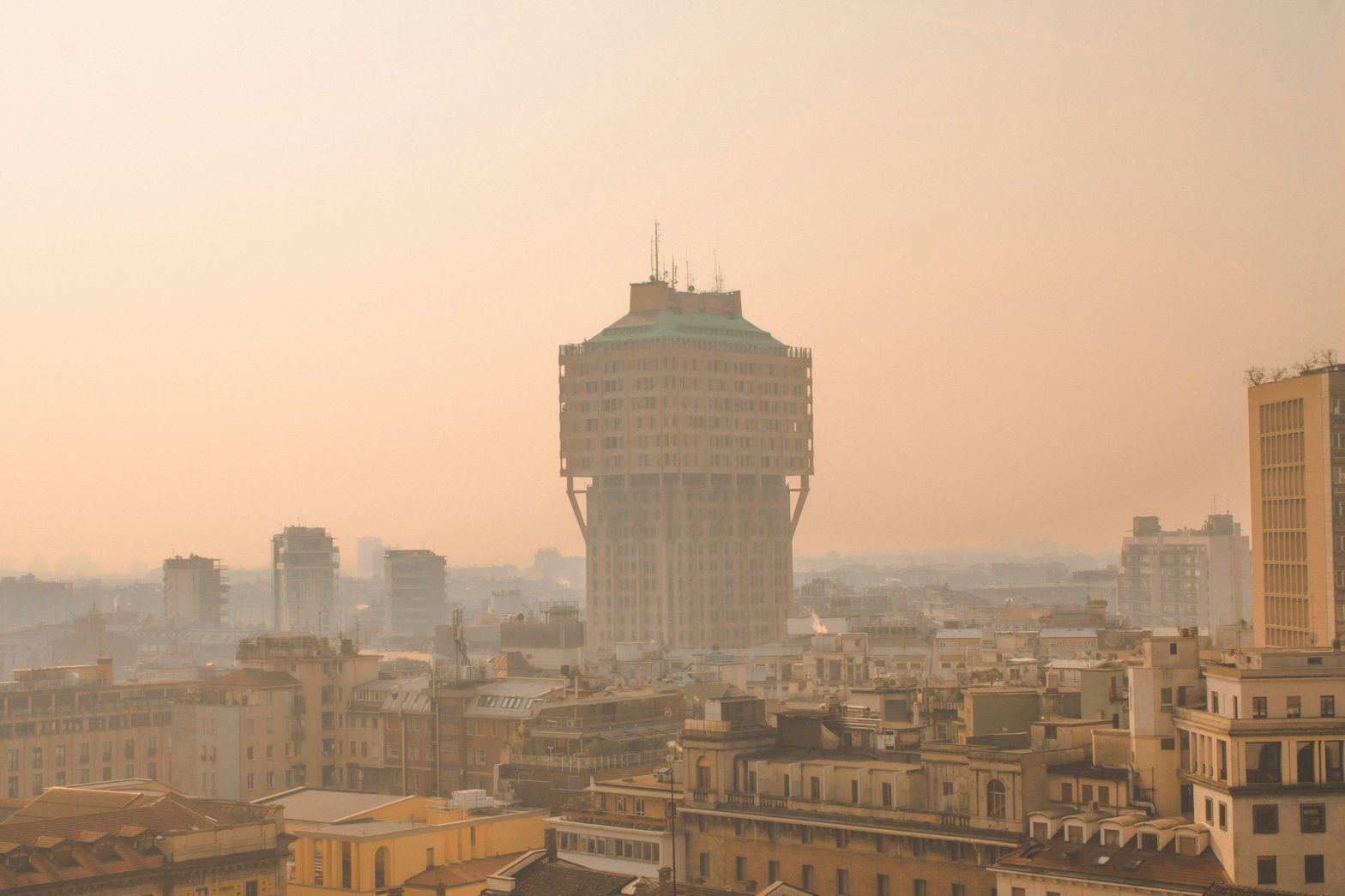
Photo: 9635191027_420da38a91_z
Inner-city elderly most at risk from increasing heat waves
19 August 2016
by Jonathan Andrews
Cities with areas of a high population density and poorer quality housing posses a greater threat to the elderly who are especially at risk from heat related illnesses, reveals a new report.
The study, led by global engineering and consulting firm Arup, highlights the risk of heat waves to the elderly in London, New York–both members of 100 Resilient Cities–and Shanghai and aims to improve awareness of the practical steps that can be taken to alleviate the problem.
“The combination of climate change, rapid urbanisation and ageing populations is increasing the impact of extreme weather events, such as heat waves, experienced by global cities like London,” said Polly Turton, Environmental Consultant at Arup. “We all–planners, urban designers, engineers, property developers and politicians –have an opportunity to help vulnerable members of our communities cope with increasing heat waves.”
Within London the boroughs of Hackney, Islington and Tower Hamlets had the greatest number of high vulnerability areas.
Satellite data was used to obtain surface temperature maps for the UK capital, revealing differences of as much as 10 degrees Celsius during the 2003 heat wave. The phenomenon known as the ‘urban heat island effect’ occurs when heat is absorbed and released by buildings and paved surfaces, resulting in a warmer microclimate. Built up areas in cities with a lack of trees and green space are most impacted.

High temperatures present a particular risk to the elderly, with the over 65s being susceptible to heat-related illnesses such as heat stroke and exhaustion. Heat waves can also exacerbate impairments associated with pre-existing health conditions such as asthma, heart disease and diabetes.
“Many older people living in cities are a lot more resilient than you might think!” Turton told Cities Today. “We need to draw upon the fact that older people have years of knowledge, skills and wisdom, which can be used in the development of resilience plans for heatwaves and other extreme weather events.”
“Our generation is likely to live a lot longer than our parents’ generation, so we’ll see and experience the impacts of climate change unfold in cities around the world,” added Turton. “We are going to need to stay healthy in order to be resilient ourselves as well as use our professional skills to help more vulnerable people cope with hotter summers in cities.”
Arup recommendations:
- Draw upon the fact that elderly people have many years of knowledge, skills and wisdom, which can be used in the development of resilience plans.
- Ensure that there are social services and public health programmes which enable elderly people to access energy, food, water, sanitation and medicines during and after extreme weather events.
- Develop age-inclusive climate risk assessments and action plans which include awareness raising and environmental improvements.
- Creating green, blue spaces and infrastructure. Aim to transform as many urban areas from ‘grey’ surfaces to green, and impermeable surfaces to permeable.
- Implement local scale measures such as shading of streets and external spaces through tree planting and structures, as well as sustainable urban drainage systems.
- Take a ‘design for future climate’ approach to new building and infrastructure projects and major retrofits which take climate change uncertainties and socioeconomic trends such as population growth and technological needs into account.
- Enhance existing heatwave and flood risk warning systems to ensure reliable and suitable communication channels to reach all urban populations including the most vulnerable people.
- Resource and staff an extreme weather telephone or email hotline and provide social and public health visits and checks for the most vulnerable people.








